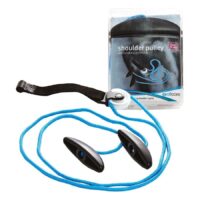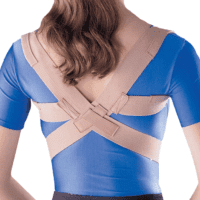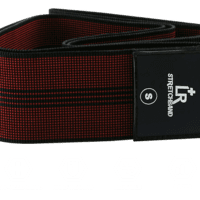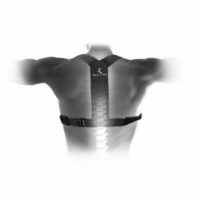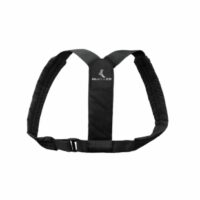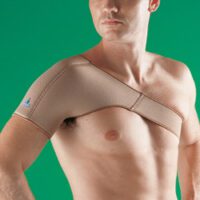Shoulder Exercises
Article by John Miller

Why are Shoulder Exercises Important?
Shoulder Muscles
Your shoulder joint is very unstable due to its need to move through a considerable range of motion. This vast range of movement means that coordinated and robust shoulder muscles are vital to control your shoulder on your shoulder blade while performing normal arm motion.
Two factors are crucial:
- Shoulder strength and coordination.
- Shoulder flexibility.
Shoulder Strength Exercises
Your shoulder requires reliable dynamic control. The main muscle groups that need strengthening are your:
Shoulder Stretching Exercises
Interestingly, shoulder stretching exercises are essential to allow enough movement around your shoulder to allow normal biomechanical shoulder movement.
Shoulder pain and injury often cause some shoulder muscle groups to overwork, tighten, shorten or form knots. This abnormal resting muscle tension will restrict your potential shoulder movement, predisposing you to shoulder pain and injury.
Likewise, just as some shoulder muscles tighten, other shoulder muscles will weaken and become elongated. But, overstretching your shoulder muscles can be undesirable. Instead, it would help if you strengthened with specific shoulder exercises.




